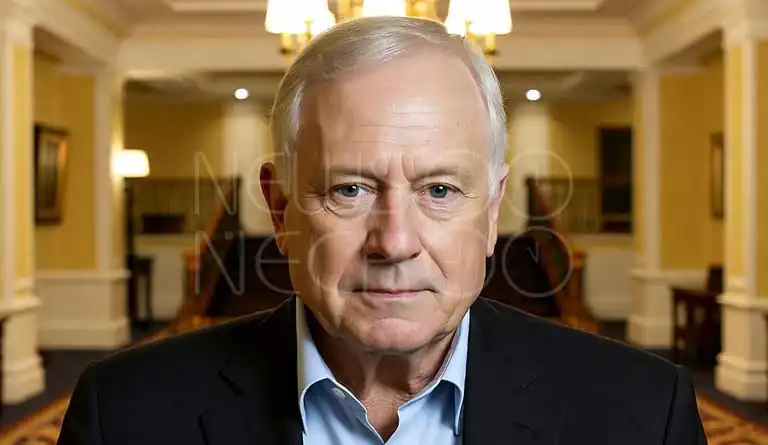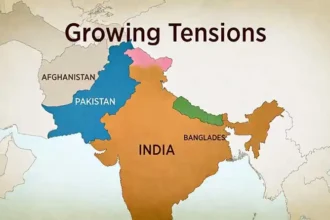The Man in the Shadows: The Complex Legacy of Dick Cheney
In the story of American power, few figures have cast a longer, or more controversial, shadow than Dick Cheney. For eight years, he was the vice president, the number two. But many believed he was the most powerful force in the room. On Monday, that formidable presence ended. Dick Cheney has died at the age of 84.
His family announced that his death was due to complications from pneumonia and heart disease. The news marks the closing chapter of a life dedicated entirely to politics, a life that helped shape the modern world in ways we still grapple with today.
A Rise to Power
Long before he was vice president, Cheney was a Washington insider. He was a congressman from Wyoming. He served as the Secretary of Defense, overseeing the first Gulf War in 1991. He knew the halls of power like the back of his hand.
In 2000, George W. Bush, then the governor of Texas, chose Cheney to be his running mate. It was a decision that would change history. Bush needed a man with experience, a man who knew how Washington worked. In Cheney, he found that and much more.
When they won the election, Cheney did not see the vice president’s job as a quiet, waiting role. He believed the presidency had become too weak since the Watergate scandal forced President Nixon from office. Cheney was determined to make the office of the president strong again. And he was equally determined to make the vice president’s office more powerful than ever before.
The Architect of War
Then, on a bright September morning in 2001, terrorists attacked the United States. The world changed instantly. In the fear and confusion that followed, Cheney’s vision of a powerful presidency found its moment.
He was a central and forceful voice pushing for the invasion of Iraq in 2003. On television and in meetings, he spoke with certainty about a grave danger: Iraq’s alleged stockpile of weapons of mass destruction. He warned these weapons could fall into the hands of terrorists. The intelligence, he insisted, was clear.
The United States, with support from allies, invaded Iraq and toppled its leader, Saddam Hussein. But then, a deeply troubling fact emerged. After a thorough search, no stockpiles of these feared weapons were found.
The war, built on the foundation of this intelligence, would last for years. It cost hundreds of thousands of lives and reshaped the Middle East. For many, the failure to find WMDs became the defining mark of Cheney’s career. He was seen as the architect of a conflict based on a mistake, or as his critics argued, something worse.
You Might Like it: Global Market News: Tech Triumphs, Fed Moves & Tru…
A Legacy of Strength and Conflict
Dick Cheney never apologized for his actions. He argued that after 9/11, America could not afford to risk inaction. He believed in using America’s power aggressively to protect its interests.
He was a man who operated from behind the scenes, a figure of immense influence who preferred the quiet of his office to the noise of the public stage. To his supporters, he was a patriot who made tough choices to keep the country safe. To his detractors, he was a dark influence who led the nation into a disastrous war.
With his passing, the debates over his choices do not end. They are now part of his story, and part of America’s history. Dick Cheney was a man who believed in power, wielded it without doubt, and leaves behind a world that was profoundly changed by his certainty.
Author: Yasir Khan
Date: 04 Nov, 2025
For More Updates, Visit Newsneck













